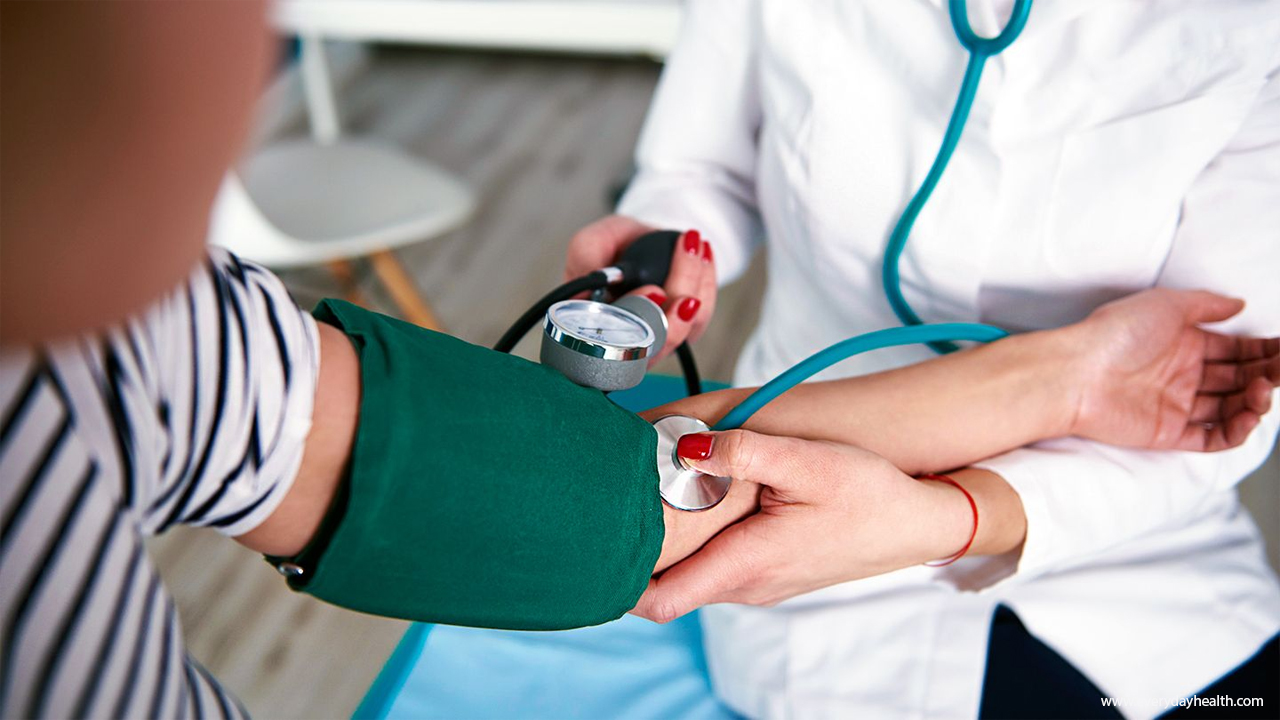When the blood pressure increases, many problems start in the body. Increased blood pressure causes heart diseases, diabetes, brain hemorrhage, and many dangerous diseases. This is the reason why high blood pressure should be controlled immediately as soon as it is detected. Blood pressure can be controlled by proper diet and habits. Consumption of sodium is dangerous because of the problem of blood pressure, so your diet should be such, in the intake is minimal. Let us tell you how your diet should be to control blood pressure.
Stay away from foods with salt and sodium
The amount of potassium in the diet of a blood pressure patient should be high and the amount of sodium should be less. If there is a problem with high blood pressure then salt intake should be reduced. Also avoid dairy products, sugar, refined foods, fried things, caffeine, and junk food.
A vegetarian diet will control blood pressure
A vegan diet is very beneficial for high blood pressure patients. Patients with high blood pressure should consume foods containing legumes, i.e. legumes, pulses, vegetables, coarse cereals, fruits, dry fruits, and seeds in their diet. All these diets contain enough vitamins, protein, and fiber. By eating these foods daily, you can normalize your blood pressure in 2 weeks.
Don't eat too much
The patient with high blood pressure should not eat large amounts of food, as well avoid heavy food. Fresh fruits and seasonal green vegetables should be consumed regularly in the food. Blood pressure remains normal by consuming garlic, onion, whole grains, soybean, etc.
Drink more water
Blood pressure patients should drink more water. At least 10-12 glasses of water must be drunk in a day. Drinking less water can be dangerous for your health. This not only causes problems in the functioning of many parts of the body but also increases blood pressure.
Include these things in the diet
-
Bajra, wheat flour, jowar, moong, whole, and sprouted pulses should be consumed in small quantities. This increases blood pressure.
-
Blood pressure remains normal by consuming green vegetables like spinach, cabbage, bathua.
-
Gourd, lemon, luffa, mint, parwal, horseradish, pumpkin, tinda, bitter gourd, etc. should be taken in vegetables.
-
Consumption of carom seeds, dry grapes, and ginger benefits the patient.
-
In fruits, seasonal, grapes, pomegranate, papaya, apple, orange, guava, pineapple, etc. can be consumed.
-
Almonds can be consumed without skim milk, buttermilk soybean oil, cow's ghee, jaggery, sugar, honey, marmalade, etc.
-
Do exercise 30 minutes daily
If you include exercise in your daily routine, you can reduce blood pressure rapidly. For this, you should walk at a brisk pace for at least 30 minutes every morning. Note that while walking, take your breath from your nose instead of through your mouth. Apart from this, you should drink 4-5 liters of water throughout the day and do some exercise. With such changes, you can normalize blood pressure in two weeks.

 Blood pressure has to be controlled, so what should be your diet plan? This question is very common. Let us check the details.
Blood pressure has to be controlled, so what should be your diet plan? This question is very common. Let us check the details. 









.jpeg)



.jpeg)
.jpeg)

.jpeg)


.jpeg)



.jpeg)
.jpeg)
.jpeg)


.jpg)

